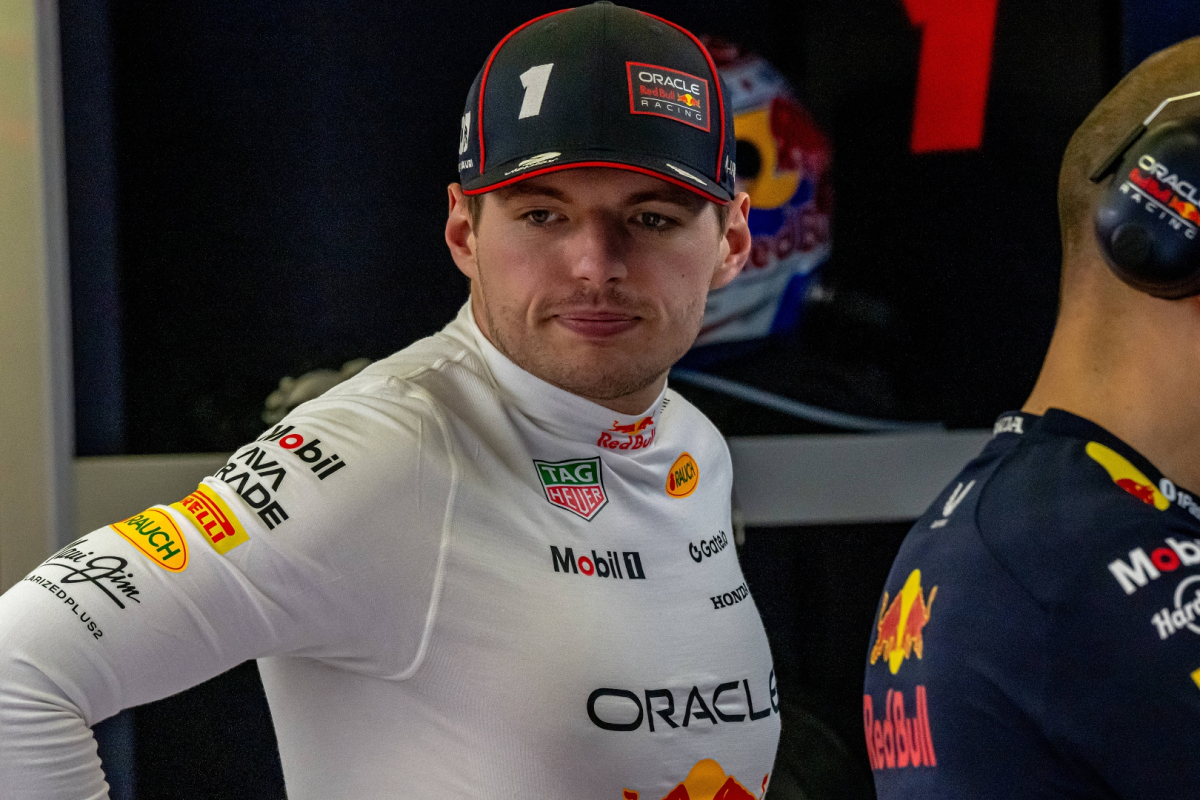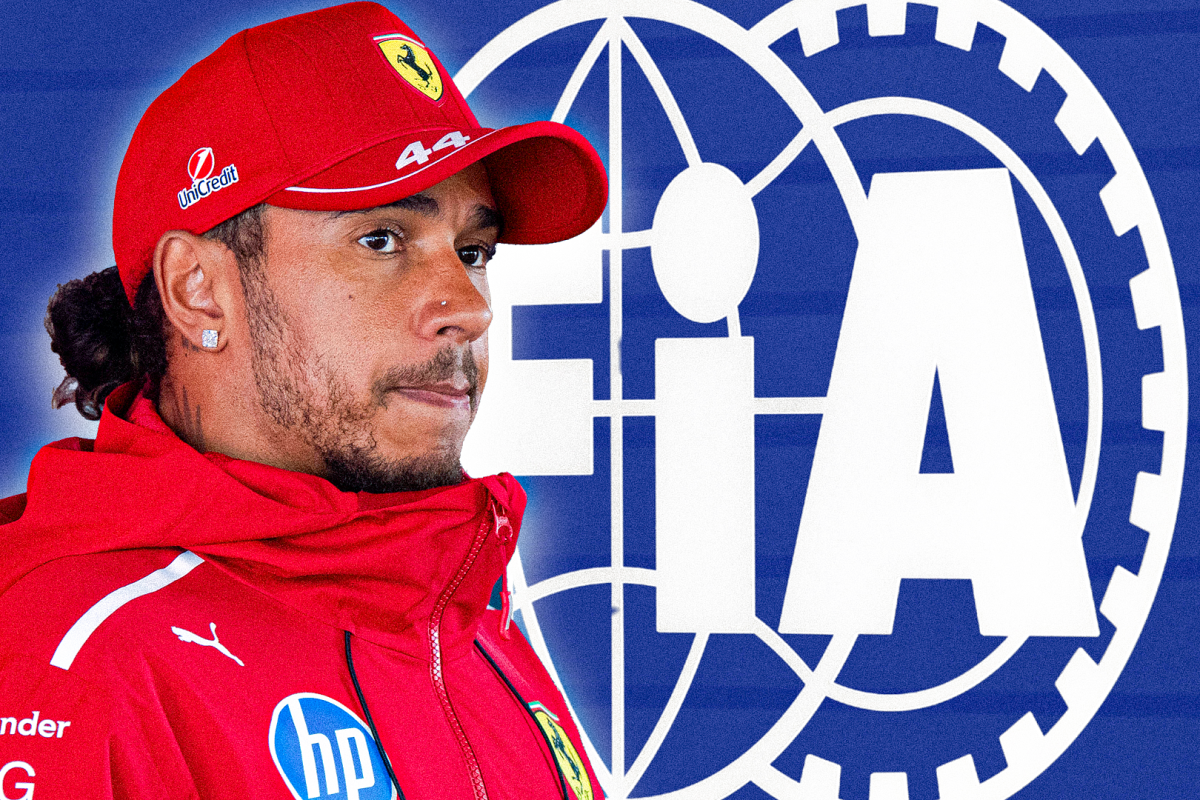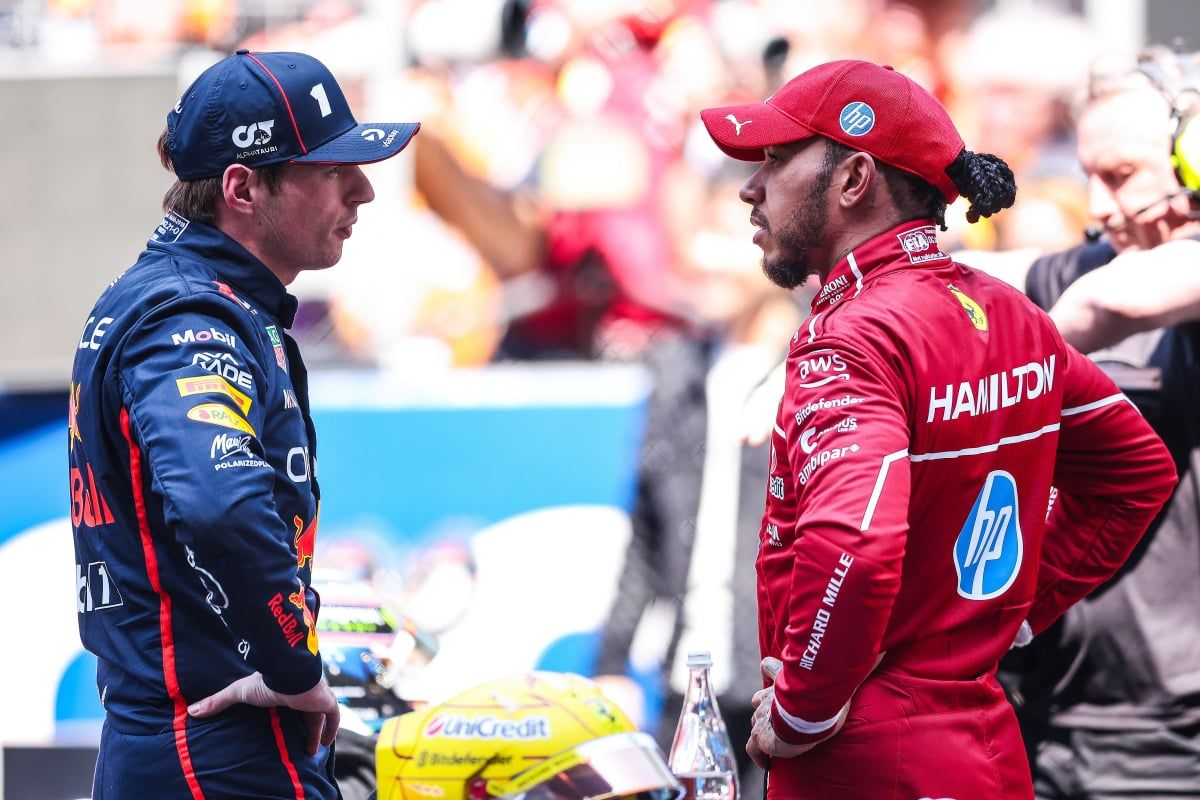F1 Takes Action After Freight Delays Impact Red Bull and McLaren at C… read more
Formula 1 has taken official steps to address significant delays that disrupted several teams during the 2025 season, most notably at the Chinese Grand Prix in Shanghai. These delays, primarily caused by freight logistics issues, resulted in multiple F1 teams — including Red Bull, McLaren, Mercedes, and Aston Martin — being forced to breach the sport’s strict curfew regulations in order to prepare for the race weekend.
The affected teams were left with no option but to work beyond the permitted garage hours on the Thursday ahead of Free Practice 1 (FP1), due to essential equipment arriving late. Despite breaking the curfew, the FIA ruled that these teams would not be penalized for the incident, noting the circumstances were beyond their control. The breach would also not count toward the four curfew exceptions allowed per team each season before penalties are issued.
In response to this disruption and the broader logistical challenges of hosting races outside of Europe, the matter was brought up during the second Formula 1 Commission meeting of the year. This meeting, held in Switzerland at the FIA headquarters, was chaired by FIA single-seater director Nikolas Tombazis and Formula 1 President and CEO Stefano Domenicali. It focused on current issues affecting the championship as well as technical and sporting updates to the 2025 regulations.
One of the key outcomes of the meeting was a proposal to introduce a new regulatory mechanism aimed specifically at managing the risk of freight delays for long-haul events. These events, which require the transportation of team equipment outside Formula 1’s traditional European base, carry a higher risk of logistical complications. The proposed changes would provide teams with greater flexibility and clarity in dealing with such delays, ensuring fair competition and avoiding unnecessary penalties when circumstances are out of their hands.
This decision marks a proactive step from F1 and the FIA, recognizing the growing complexity of the sport’s increasingly global calendar. As the Formula 1 calendar continues to expand, with more races being held across Asia, the Americas, and the Middle East, the logistical burden on teams has intensified. Ensuring that teams are not unfairly penalized due to transportation setbacks is a crucial part of maintaining competitive integrity.
Though the exact details of the regulatory mechanism were not disclosed publicly, the proposal has been submitted for final approval by the FIA World Motor Sport Council (WMSC). Once ratified, the rule change would be added to the sporting regulations and applied in future long-distance races, starting as early as later this season or in 2026.
The issue of freight delays and their impact on race preparation has become a point of concern not only for teams but also for fans and stakeholders, as it threatens to compromise the quality and fairness of the competition. The swift response by F1 authorities shows a commitment to adapting quickly to challenges and maintaining the high standards of the sport.
This development comes just ahead of the 2025 Miami Grand Prix, the next stop on the F1 calendar, where teams and fans will be watching closely to see how the sport continues to evolve in response to logistical and operational demands.
While the Chinese Grand Prix will be remembered for its high-stakes racing and dramatic outcomes on the track, the off-track complications have highlighted the importance of efficient and reliable logistics in modern Formula 1. The response by the FIA and F1 leadership to these challenges shows a willingness to collaborate with teams and implement practical solutions, ensuring the sport remains both fair and forward-thinking.
As the sport continues to explore new markets and expand its global reach, ensuring logistical support and regulatory flexibility will be vital for its continued success. The changes discussed at the commission meeting signal a broader shift toward sustainability, fairness, and strategic foresight in how Formula 1 operates behind the scenes.
Would you like a shorter version or a headline for social media?




